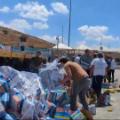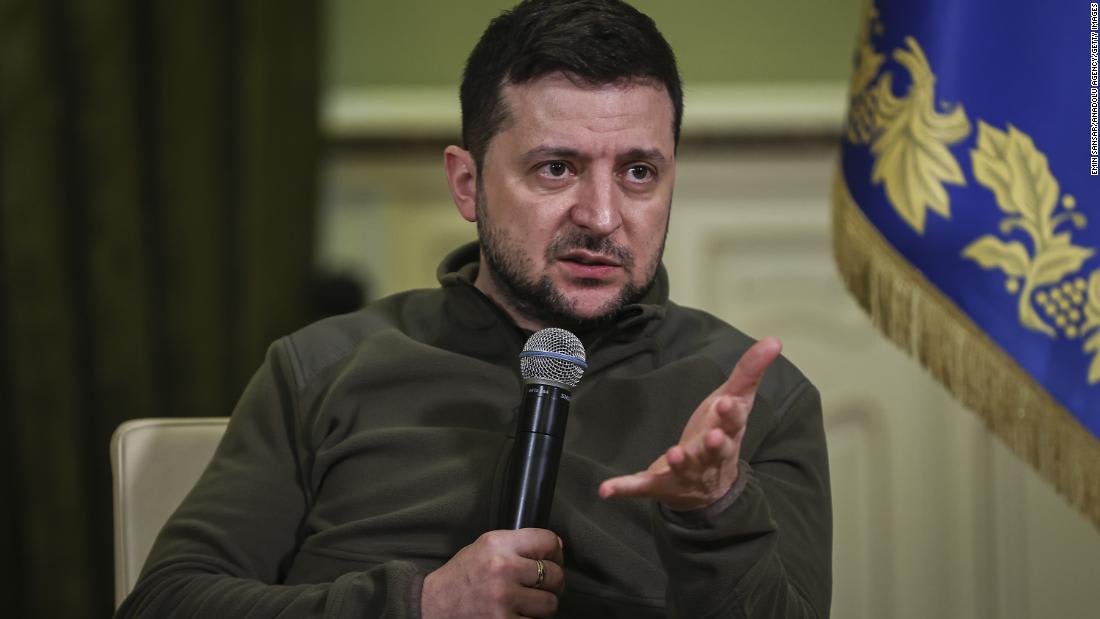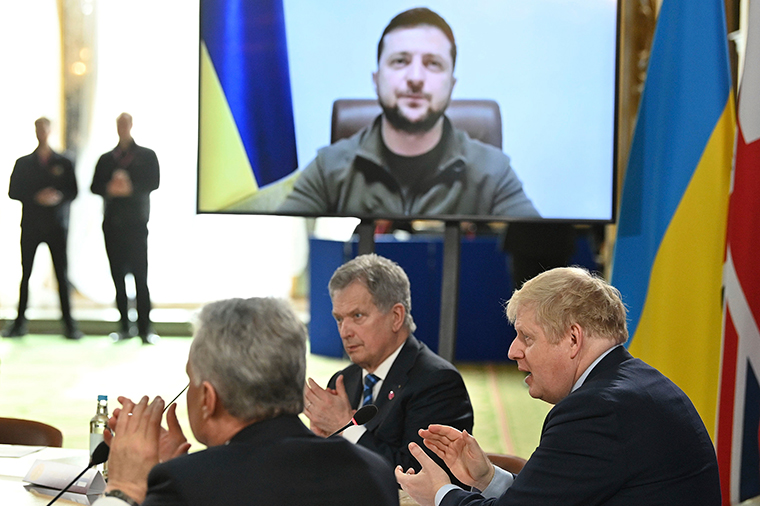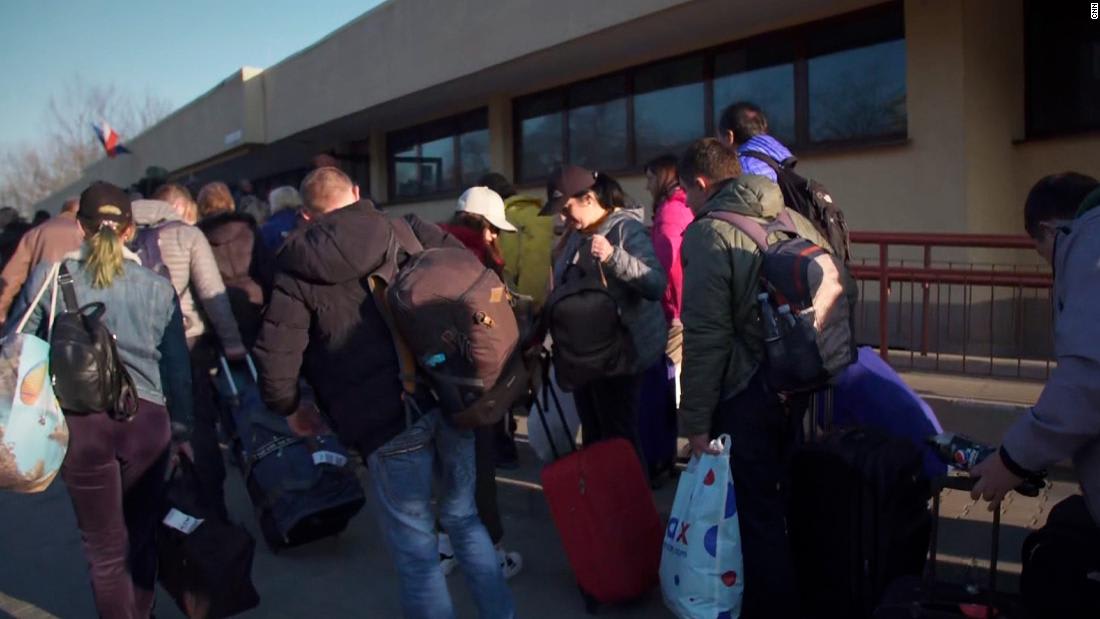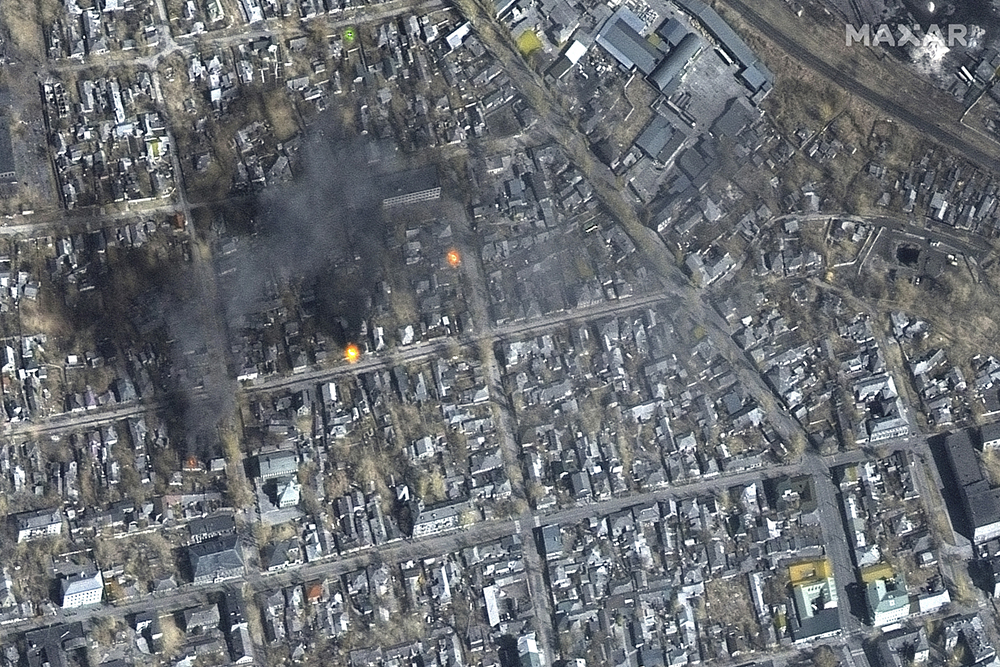
Conditions in Mariupol are "unbearable" and "just hell," residents who fled the besieged city in southeastern Ukraine told CNN, as shocking drone footage and satellite photos show the utter devastation wrought by the Russian bombardment.
Here's what we know about the situation:
- Hospital captives allegations: Doctors and patients were being held against their will in the Mariupol regional intensive care hospital, said Pavlo Kyrylenko, head of the Donetsk regional administration. Kyrylenko said a hospital employee told him staff and patients were staying in the basement, where the sick and injured continued to be treated. "It is impossible to get out of the hospital. They shoot hard, we sit in the basement. Cars have not been able to drive to the hospital for two days. High-rise buildings around us are burning … the Russians have rushed 400 people from neighboring buildings to our hospital. We can't leave,” Kyrylenko said, quoting the employee. Sergei Orlov, deputy mayor of Mariupol, also said the hospital was occupied by Russian troops, who used doctors and patients as captives. "We do not have any access to them," he said.
- City's destruction: Orlov said Russian forces are "destroying" Mariupol with regular attacks. "Yesterday, we counted 22 aircraft which were bombing our city, and at least 100 bombs they used to bomb our city. The damage is awful," he said Tuesday. Satellite images from Maxar Technologies Monday show the extent of the damage, including homes smoldering after apparently suffering Russian strikes, a destroyed apartment complex and rising plumes of thick smoke.
- Trapped residents: About 350,000 people are trapped in Mariupol and as many as 2,500 civilians have died, Ukrainian officials estimate. Those who remain are without electricity, water and heat. One woman who managed to escape said she had spent two weeks in a basement with about 60 others, and only left occasionally to retrieve items from her apartment. Another woman said she let 17 people shelter in her house after their homes were destroyed, and cooked soup in her garden using rainwater. She described shells flying overhead "around the clock."
- Evacuations: For weeks, there has been a failure to formally establish safe corridors to evacuate civilians from Mariupol, which has been besieged since March 1. However, Ukraine's deputy prime minister said about 20,000 people managed to leave Tuesday.
Read more about Mariupol here.
